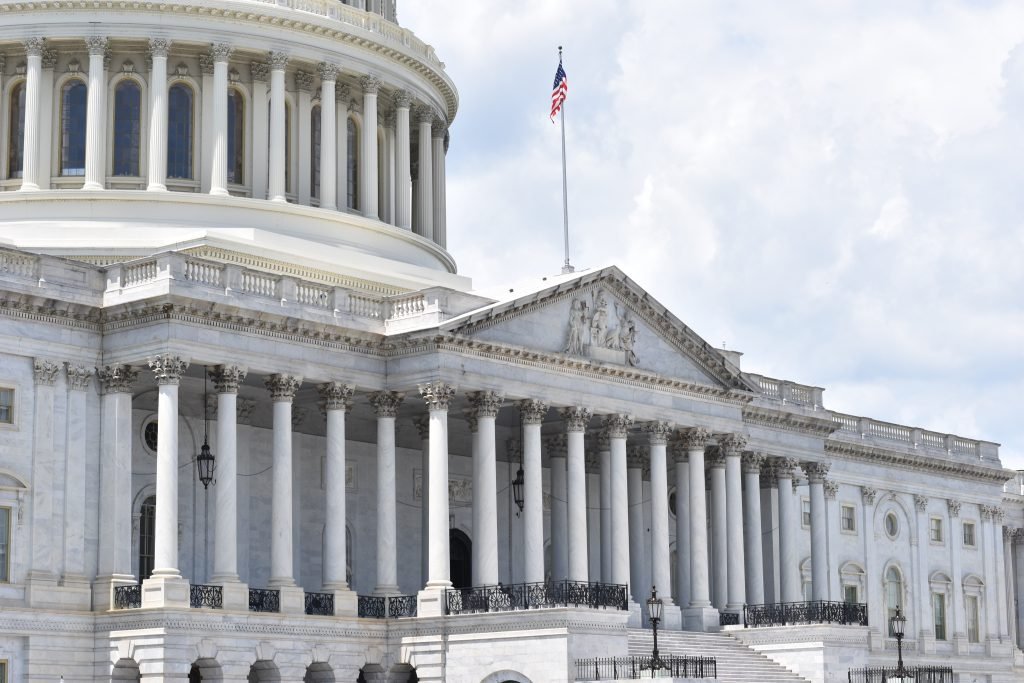The bipartisan RAIL Act would improve railway safety to protect communities across the nation.
Today, U.S. Representatives Bill Johnson (R-OH) and Emilia Strong Sykes (D-OH) introduced the bipartisan Reducing Accidents in Locomotives (RAIL) Act. The Representatives released the below statements following the introduction of their legislation:
Updated: How You Can help the East Palestine Community: Spanning the Need Created a List of Resources for Individuals or Groups to Help
“The East Palestine train derailment has upended the lives of those living in East Palestine and the surrounding region. It is imperative that Congress swiftly works to strengthen our nation’s railway safety standards,” said Rep. Bill Johnson. “The bipartisan RAIL Act would bring forth effective and responsible changes to the way the rail industry operates to help prevent railway accidents and keep communities across America safe. I look forward to working with Rep. Sykes to get this important legislation across the finish line.”
“Public safety transcends politics and district boundaries, which is why I am proud to work with Rep. Johnson on bipartisan, commonsense legislation to prevent future train derailment disasters like we have seen in East Palestine and across the United States,” said Rep. Emilia Sykes. “The RAIL Act will implement effective measures to keep our communities safe, hold railroad corporations accountable, and ensure that no American living close to our 140,000 miles of railroad track has to worry about the threat of a toxic derailment in their backyard. This is a good first step towards better rail infrastructure, but we know there is still more to be done to protect our communities.”
STN Inspirational Quotes To Keep You Inspired in 2023
The RAIL Act would improve railway safety and operations by:
- Directing the Federal Rail Administration (FRA), in conjunction with the findings of the National Transportation Safety Board (NTSB) investigation, to recommend changes to how our nation’s rail system operates – from train length, weight to speed, and track standards.
- Increasing funding for Hazardous Materials Training for first responders
- Increasing maximum penalties for violations of rail safety regulations
- Increasing inspections on all trains, including those carrying hazardous materials
- Auditing federal rail inspection programs.
Ohio, which has one of the country’s largest railroad networks, ranks fourth in the nation for serious train accident accidents and hazardous materials spills. From 2019 through November 2022, 281 train accidents occurred within the state.
11 members of the Ohio delegation are co-sponsors of the RAIL Act, including 6 Republicans and 5 Democrats.
For full text of the RAIL Act, click here.

